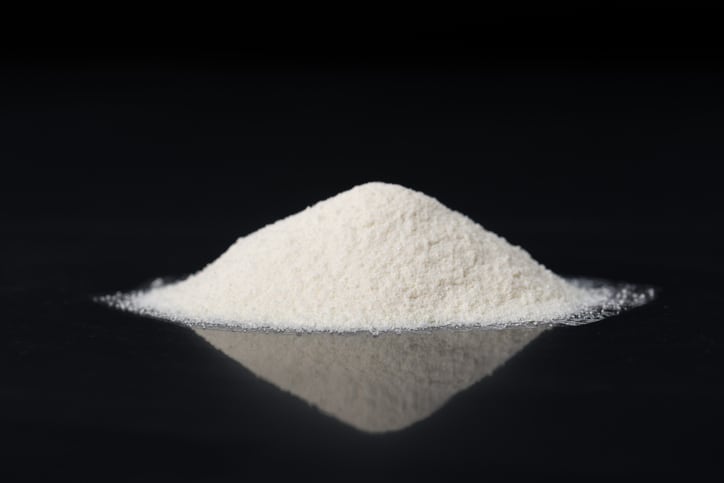When the artificial sweetener, sucralose, sold under the brand name Splenda, was approved for the market, food safety scientists and regulators reported that it passed safely through the body unchanged.
However, a recent study by researchers from North Carolina State University and analytical testing lab Avazyme suggests that – at least in the case of the 10 rats used in the study – this is not the case.
“Our new study shows that sucralose is also creating metabolites whose potential health effects we know little or nothing about," said study co-author and professor at NCS University Susan Schiffman. "As a result, we feel that it may be time to revisit the safety and regulatory status of sucralose.”
The team used the same experimental model used by the US Food & Drug Administration (FDA) to determine acceptable daily intakes but, according to Schiffman, techniques that were “state-of-the-art” and “more suited to extracting and preserving fat-soluble metabolites” than those used by regulators.
They found two metabolites in the rats’ urine and faeces during the 40-day period that the rats were given sucralose. These metabolites were still detected in the urine 11 days after the end of the dose period and six days after the sweetener itself could no longer be detected.
They also found that sucralose broke down into acetylated compounds which are highly lipophilic (soluble in fat), explaining why they remain in the body after intake.
“The findings of this study do not support the claims previously submitted to regulatory agencies that sucralose is a stable compound that (1) is not metabolised in vivo, (2) excreted unchanged in the faeces, and (3) clears the body within a few days,” the scientists wrote.
However, a spokesperson to the International Sweeteners Association (ISA) told FoodNavigator the study provided no evidence that sucralose poses any safety concern.
"The current rat experiment by Bornemann et al., which studied the metabolism of sucralose in a very small sample of 10 rats, does not lead to a change in the safety profile of sucralose, since lifetime studies in the same species showed no effects at extremely high doses."
"Used in foods, beverages and tabletop sweeteners, low calorie sweeteners such as sucralose can provide people with a wide choice of sweet-tasting options with low or no calories, thus can be a useful tool, when used in place of sugar and as part of a balanced diet, in helping reduce overall sugar and calorie intake, as well as manage blood glucose levels," the spokesperson added.
Widely used
Six hundred times sweeter than sugar, sucralose is a commonly-used low-calorie artificial sweetener that has been approved for use in Europe since 2004.
The acceptable daily intake (ADI) for sucralose in the European Union is 15 mg/kg/day and 5 mg/kg/day in the US, but the researchers gave a dose of 80.4 mg/kg/day to rats as part of the study.
However, they wrote: “The establishment of ADI for sucralose by regulatory agencies was based on the metabolic profile in the rat which was considered the appropriate model for humans. A 100-fold safety factor was applied to historical sucralose toxicity data to establish the ADI.
“If one were to apply a 100-fold safety factor to the biological effects reported in the present study, that is, metabolism and bioaccumulation at 80.4 mg/kg/day, this would lower the ADI for sucralose to less than 1 mg/kg/day.”
They are now calling for human studies to determine the long-term effect on health.
Last year, the European Food Safety Authority (EFSA) re-evaluated sucralose in response to a study by researchers at the Italian Ramazzini institute, which claimed that the sweetener caused cancer.
EFSA scientists found no link between sucralose and cancer, and concluded it was safe.
Source: Journal of Toxicology and Environmental Health
“Intestinal Metabolism and Bioaccumulation of Sucralose In Adipose Tissue In The Rat”
Available online 21 August 2018, doi.org/10.1080/15287394.2018.1502560
Authors: Volker Bornemann, Stephen C. Werness, Lauren Buslinger, Susan S. Schiffman

